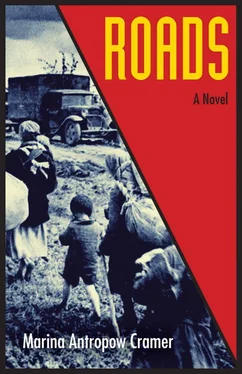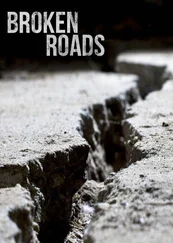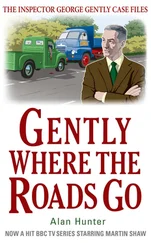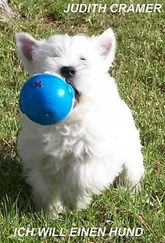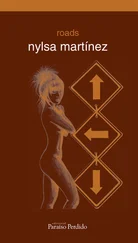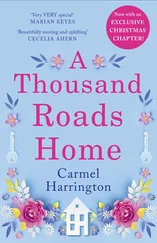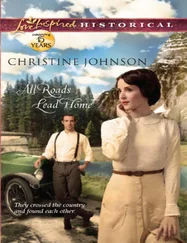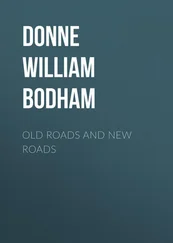The service resumed, with Zoya first in line for Communion. When Father Yefim placed a drop of sacramental wine in the child’s mouth, Filip protested lustily, squirming and screaming. Zoya lowered her head and retreated to the back of the church in tears.
She was ashamed—of the priest’s evident shabbiness, of her own fears, of the church itself, which held fewer than half the usual number of people, of her son’s unequivocal rejection of his first taste of ceremonial wine. She had imagined it all so differently, each of them playing a part in this sacred pageant with the solemn dignity it deserved.
She barely heard Father Yefim’s abbreviated sermon and final benediction: “God willing, we’ll meet again next week”—words that offered scant hope and little comfort. After the service, everyone scattered as if eager to return to their harried lives. No neighborly chatting, no family news, no impromptu invitations to tea.
Two elderly nuns were the last to leave. Zoya watched them close the carved oak doors and walk briskly away, one carrying a bundle of vestments to launder, the other a pail of burnt-down stubs to melt down into new candles. She followed them with her eyes until the last glimpse of their black billowing robes disappeared around the corner of the deserted street.
“Come, Zoya Stepanovna,” Nastya said firmly, pushing the baby carriage in the opposite direction. “ Pora domoi . Time to go home.”
FILIP KICKED OFF his sandals as soon as he turned the corner, pushing them deep under the neighbor’s azalea bush. A few of the petals clung to his hands and he paused to admire them. He liked the way the deep-pink flowers glowed against his tanned skin; their velvety weightlessness intrigued him. He wanted to go home, right now, take out his watercolors, and paint. Maybe he could capture their fragile beauty if he mixed the colors just right. Even now he could see an overlay of white over the pink base, a tinge of palest yellow around the edges, a hint of almost-red at the stem end.
But Mama was waiting for the flour to make his birthday cake, and Avram might be busy with other customers, so he had to hurry. Filip jammed the petals into the pocket of his shorts and ran barefoot the rest of the way to the grocer’s shop. He ran in the road—its cobblestones were smoother than the rough-hewn sidewalk, and had better puddles. He jumped the puddles, but not always far enough to clear them, the satisfying splash of rainwater drenching his feet and legs. Filip laughed out loud at the cool joyous delight of it.
Avram’s shop was in the front room of his squat two-story house. He and his wife, Laila, lived in a small apartment in back, and rented the upstairs rooms to a succession of students from the university. They charged very little rent, and treated their young tenants to home-cooked meals and Yalta’s copious fresh fruit. “God gave us no children,” Laila would say, tying a clean apron around her slender waist. “But he sends us these fine young men. Jewish or not, it makes no difference. They need a home.”
The shop was stocked with every kind of kitchen necessity; floor-to-ceiling shelves lined the walls, and bins, crates, and barrels crowded into the floor space, spilling out onto the sidewalk in good weather. From sugar, salt, and rice, to dried fruit, marinated herring, and fresh butter—Avram had it all, with the exception of meat and bread. He left those essentials to the butcher across the road, and Nikos the Greek baked enough bread to fill the neighborhood’s daily needs. One wall of the shop was devoted to basic implements—pots, bowls, everyday dishes, wooden spoons, inexpensive cutlery, knives, flour sack towels, even thimbles and sewing needles and scissors.
Filip burst through the open door at a full run, stopping short at the counter, his hands in front of his chest to brake the momentum. “It’s my birthday, Avram,” he announced. “Mama needs flour for the cake.”
Avram put down his newspaper. “Your birthday,” he said, his voice a slow, thunderous rumble. “And how old?”
“Seven. Now I can start school.” Filip bounced from foot to foot.
No need to tell Avram the other milestone this birthday represented: he would be old enough to have dour old Father Yefim hear his confession. Father Yefim was bearded, like Avram, but with mournful eyes and a downtrodden look that made children avoid him. Some women, like Zoya, Filip’s mama, attended the clandestine Orthodox church services he held in the basement of his tailor shop, but Filip could see no possible way this privilege of confession—of telling a stern adult what he had done wrong—could be good for him. Better to keep your mistakes to yourself, he thought, say you’re sorry if you must, and work harder at not getting caught.
“Seven.” The shopkeeper tapped the pitted countertop with a thick index finger. “Seven. Do you know, this is the most important birthday you will ever have? School changes everything in your life. You will now become an educated man.”
Filip giggled. “I can already do adding up. Papa showed me on the abacus.” He touched the beads on Avram’s ancient calculator, pushing them randomly back and forth on their thin wire rods, their surfaces burnished to a rich shine by constant use.
“But now you must learn adding up with a pencil. So, you will need this.” Avram reached up to a shelf behind him and took down a pencil box. “A present, for your birthday.”
The box was pale wood, big enough for half a dozen pencils, the top painted with Yalta’s most famous landscape—the cliffs over the Black Sea, a castle’s outline etched against a pale-blue sky perched precariously on the very edge. The lid slid back easily under Filip’s tentative finger, moving silently along the grooved edges of the box. “Oh,” he exhaled, raising wide brown eyes to the grocer’s solemn face. “Oh.”
Avram measured flour into a paper sack, weighed it, and folded down the top. He jotted down the transaction in the tattered account book with a stubby pencil. “Here,” he said, handing it to the boy. “Better get home, or there will be no cake.”
Filip was out the door before he found his voice, and his manners. “Thank you, Avram,” he said, then shouted it from the street. “Thank you!” He ran home, skirting the puddles, holding the gift close to his chest, barely remembering to stop for his sandals, the wilted azalea petals crushed, forgotten, in his pocket.
“PAPA, CAN WE GO to the dock? There’s a ship coming in right now.” Galina stood very still; only her dancing eyes revealed anticipation. As if on cue, a ship’s horn wailed its throaty announcement, waves of sound stirring the air with vibrations she could feel from the pit of her stomach down to her knees.
“Not today, dochenka , my daughter.” Ilya replied without taking his eyes from the wire he was bending with small sharp-nosed pliers. Under his fingers, the Russian letters ya and l were already formed. He turned the pin around, looping the wire deftly to form the t and a , then added a decorative flourish before starting on the date—1935.
Galina never tired of watching him work. Her earliest memories included the silhouette of her father bent over his worktable, framed by yellow lamplight, humming and occasionally talking to himself: “Careful, the antlers are tricky” or “Just a few more leaves” or “ Vot . Finished.” She would fall asleep to the whisper of his chisel scraping against polished ivory, wake up to examine with delight the newest bracelet or brooch. Deer grazing in leafy meadows, birds in flight, exquisite flowers framed by impossibly delicate fern fronds—each unique, each, to her admiring eye, priceless.
Читать дальше
